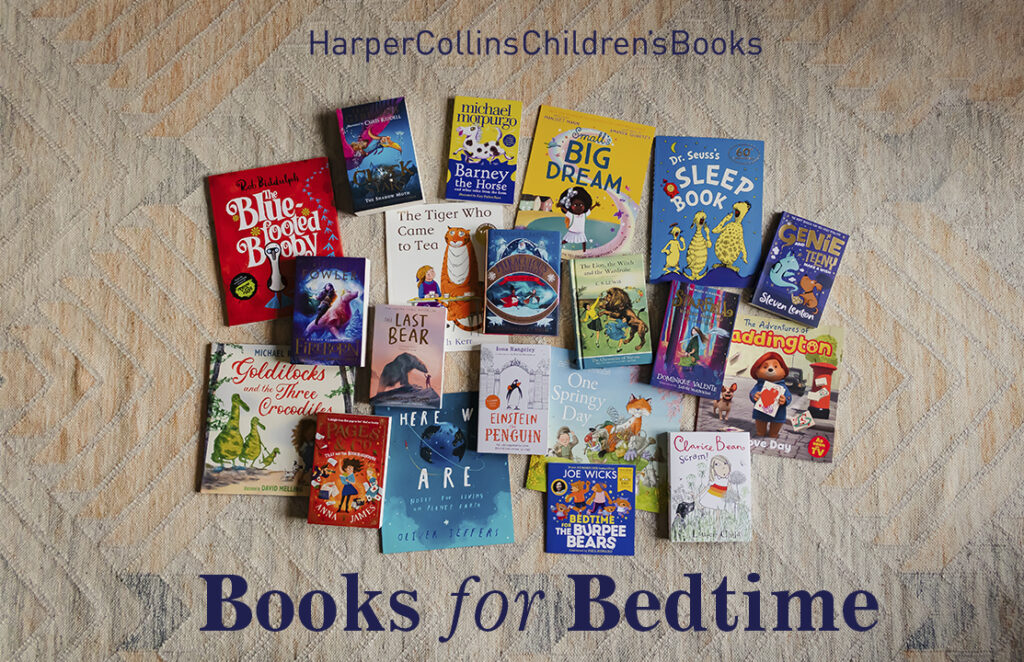
Did you know, only 25% of children aged 0-17 read for pleasure daily or nearly every day?
That’s down from 38% 11 years ago.
Our Consumer Insight Team did some research into why that is.
At HarperCollins we are passionate about reading – it can bring so much joy to children, improve family ties
and dramatically improve children’s life chances and wellbeing. If a child reads for pleasure it has a greater
impact on their life chances than anything else, including income, parents’ education level, where they are born,
family background (source OECD).
Reading for pleasure is not an exclusive club – it’s open to all families, so simple and an immensely powerful
thing to do. Because it has such a powerful impact on life outcomes, it has great potential to drive social change.
Research shows that the decline in children reading for pleasure is linked to the fact that fewer parents read to
their children regularly: reading to a child is the most effective way to encourage them to read for themselves, so
a child that is hardly ever read to is unlikely to read themselves.
Few parents read to children regularly, and this is in decline too. For example, 50% of 0-4s are read to daily
or nearly every day, which is down from 64% 11 years ago. Only 35% of 5-10s are read to daily or nearly every
day, which is down from 37% 11 years ago. If parents do read to their child for fun with non-school books, the child
is much more likely to become a reader. Children who are read to, read themselves. 46% of 5-7 year-olds and 73% of 8-13 read or look at books themselves daily when they are read to by their parents daily.
Helping a child develop a reading for pleasure habit throughout childhood has a massive impact on their
results at school. It impacts a child’s progress in vocabulary, maths and spelling. In fact, the impact is four
times greater than the advantage children gain from having a parent with a degree. Children’s interests and
passions are ignited and fed, they learn to understand others, develop tolerance and empathy. It’s easy to create
a reading for pleasure habit – just 15-20 minutes a day is all it takes!
So here at HarperCollins, we want to do everything we can to help parents to encourage a lifelong habit of reading
for pleasure.
